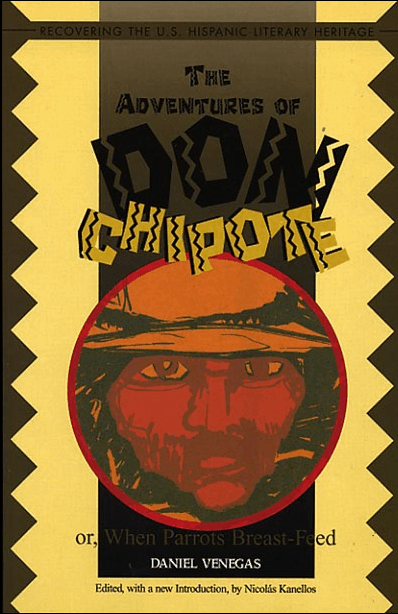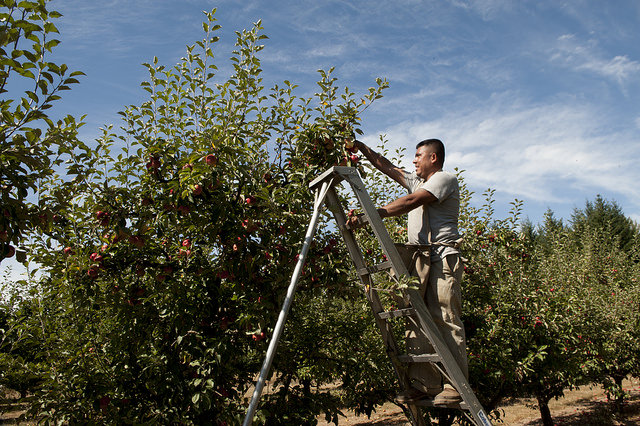*I hate it when Latinos are pitted againast each other. VL
 By Elizabeth Llorente, Fox News Latino (2.5 minute read)
By Elizabeth Llorente, Fox News Latino (2.5 minute read)
A group of Puerto Rican farmworkers who were brought to Michigan to work on a farm allege in a federal complaint that they were discriminated against by their employer, Manzana LLC, and unjustly fired.
The 15 workers, who filed their complaint with Equal Employment Opportunity Commission, claim that almost right after arriving in Michigan to work hand harvesting apples and as general farmworkers, they found themselves demeaned by managers who pitted them against other Latino workers, mainly from Mexico, suggesting that they didn’t perform as well.
Read more NewsTaco stories on Facebook. >>
The complaint, filed with the assistance of LatinoJustice PRLDEF and Farmworker Legal Services of Michigan, says the supervisors questioned their ability and willingness to work . . . READ MORE
Elizabeth Llorente is the Politics Editor/Senior Reporter for Fox News Latino, and can be reached at Elizabeth.Llorente@Foxnewslatino.com. Follow her onhttps://twitter.com/Liz_Llorente.
[Photo by
Oregon Department of Agriculture/Flickr]
Suggested reading

Originally published in 1928, and written by journalist Daniel Venegas, Don Chipote is an unknown classic of American literature, dealing with the phenomenon that has made this nation great: immigration. It is the bittersweet tale of a greenhorn who abandons his plot of land (and a shack full of children) in Mexico to come to the United States and sweep the gold up from the streets. Together with his faithful companions, a tramp named Pluticarpio and a dog called Suffering Hunger, Don Chipote (whose name means “bump on the head”) stumbles from one misadventure to another.
Along the way, we learn what the Southwest was like during the 1920s: how Mexican laborers were treated like beasts of burden, and how they became targets for every shyster and lowlife looking to make a quick buck. The author, himself a former immigrant laborer, spins his tale using the Chicano vernacular of that time. Full of folklore and local color, this is a must-read for scholars, students and those interested in the historical and economic roots—as well as with the humor—of the Southwestern Hispanic community. Ethriam Cash Brammer, a young poet and scholar, provides a faithful English translation, while Dr. Nicolás Kanellos offers an accessible, well-documented introduction to this important novel he discovered in 1984.
[cc_product sku=”978-1-55885-297-6″ display=”inline” quantity=”true” price=”true”]
Related

 By Elizabeth Llorente, Fox News Latino (2.5 minute read)
By Elizabeth Llorente, Fox News Latino (2.5 minute read)

